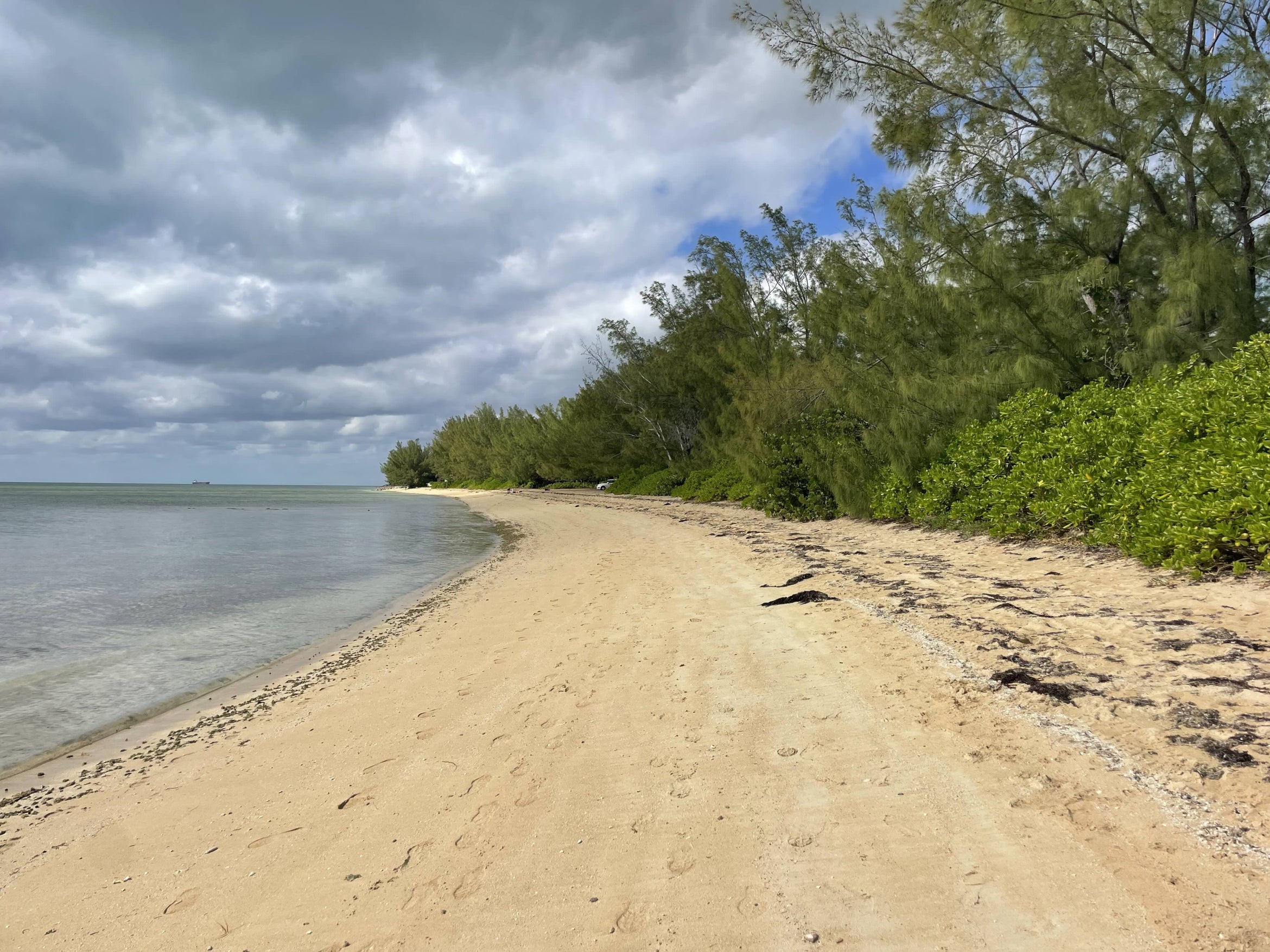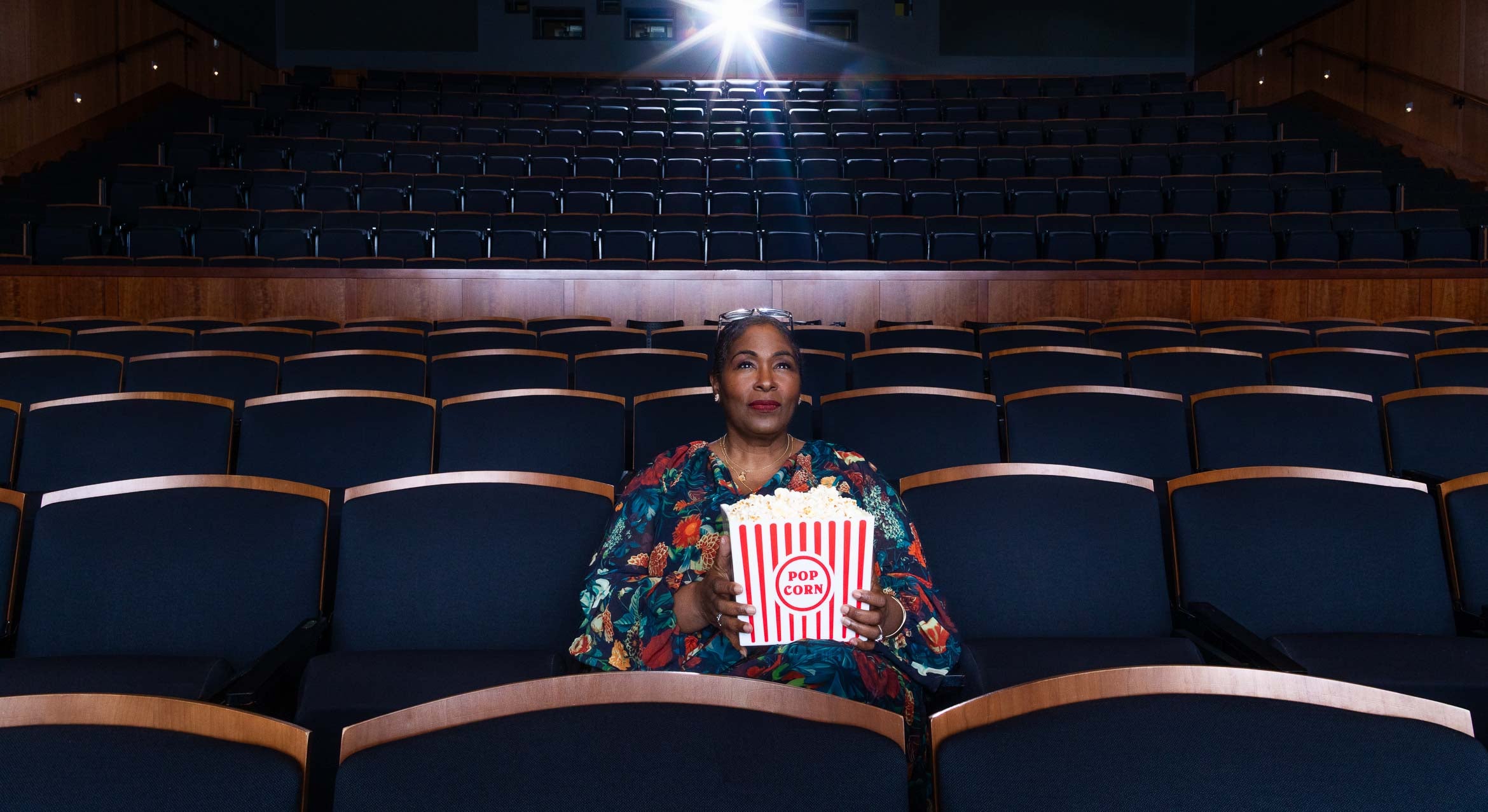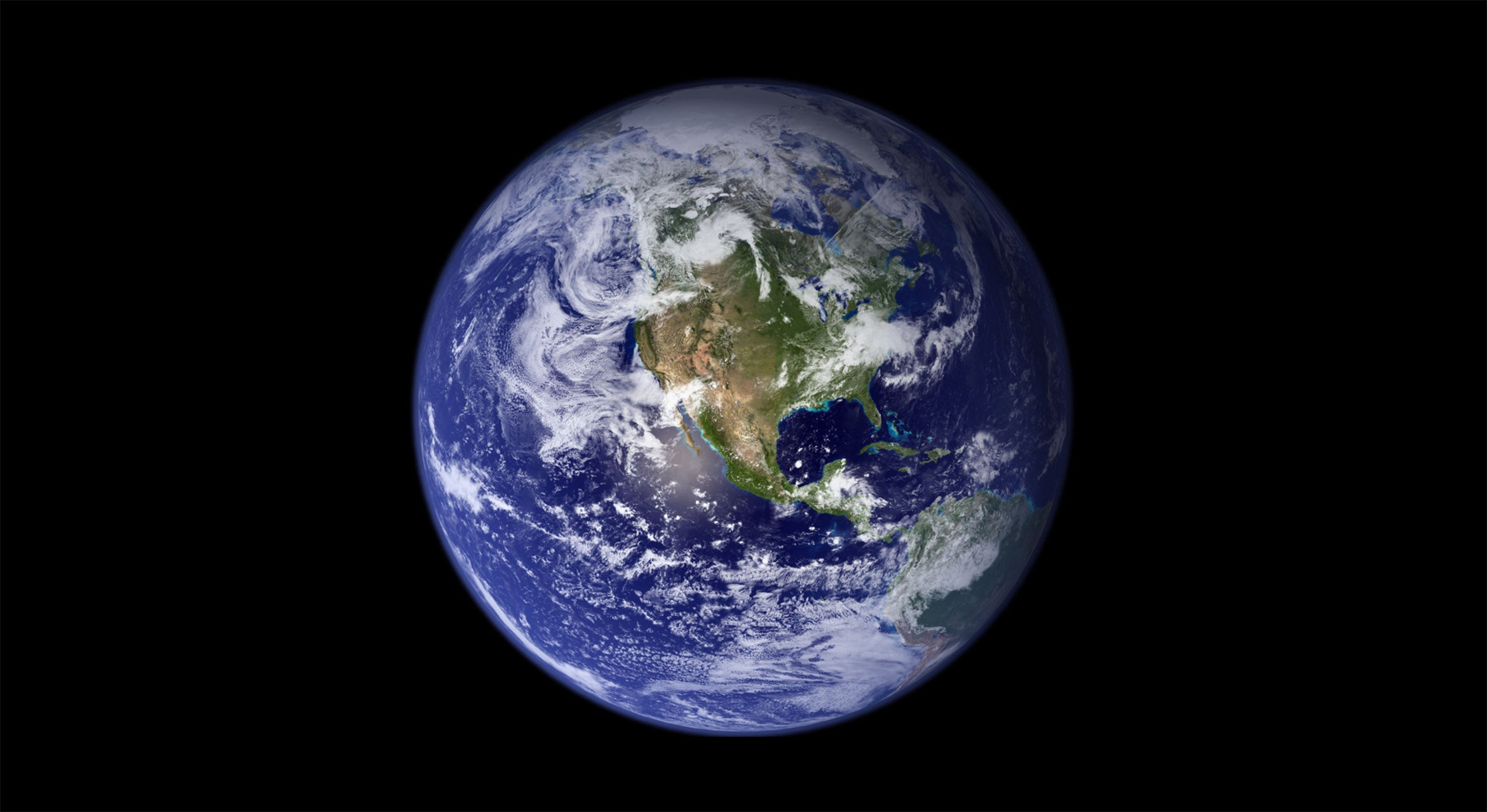Author measures memoir’s potential impacts on readers with eating disorders
When Emily Troscianko finished writing a memoir about anorexia and recovery, she was concerned it might do more harm than good — afterall, her own research in the realms of health humanities and cognitive literary studies had shown that readers with eating disorders are often triggered by such narratives. So she tested her own book before deciding whether to publish it.
With collaborators Rocío Riestra-Camacho and James Carney, Troscianko — who is a visiting scholar in the Literature and Mind program at UC Santa Barbara and it’s Trauma-Informed Pedagogy project — ran an experiment with more than 60 readers, assessing the severity of their eating disorder and their attitudes about their illness before and after reading the book, “The Very Hungry Anorexic.”
“If reading the memoir did harm beyond a pre-registered level, the book would not be published,” said Troscianko (pictured), a research associate at The Oxford Research Centre in the Humanities (TORCH). Her book passed the test; the details of the team’s test study were recently published in the Journal of Eating Disorders.

“The methods and findings generate some important questions and answers regarding authorial responsibility, the positive and negative health effects that can result from narrative reading, and the interplay of academic research with personal and professional priorities,” Troscianko said.



